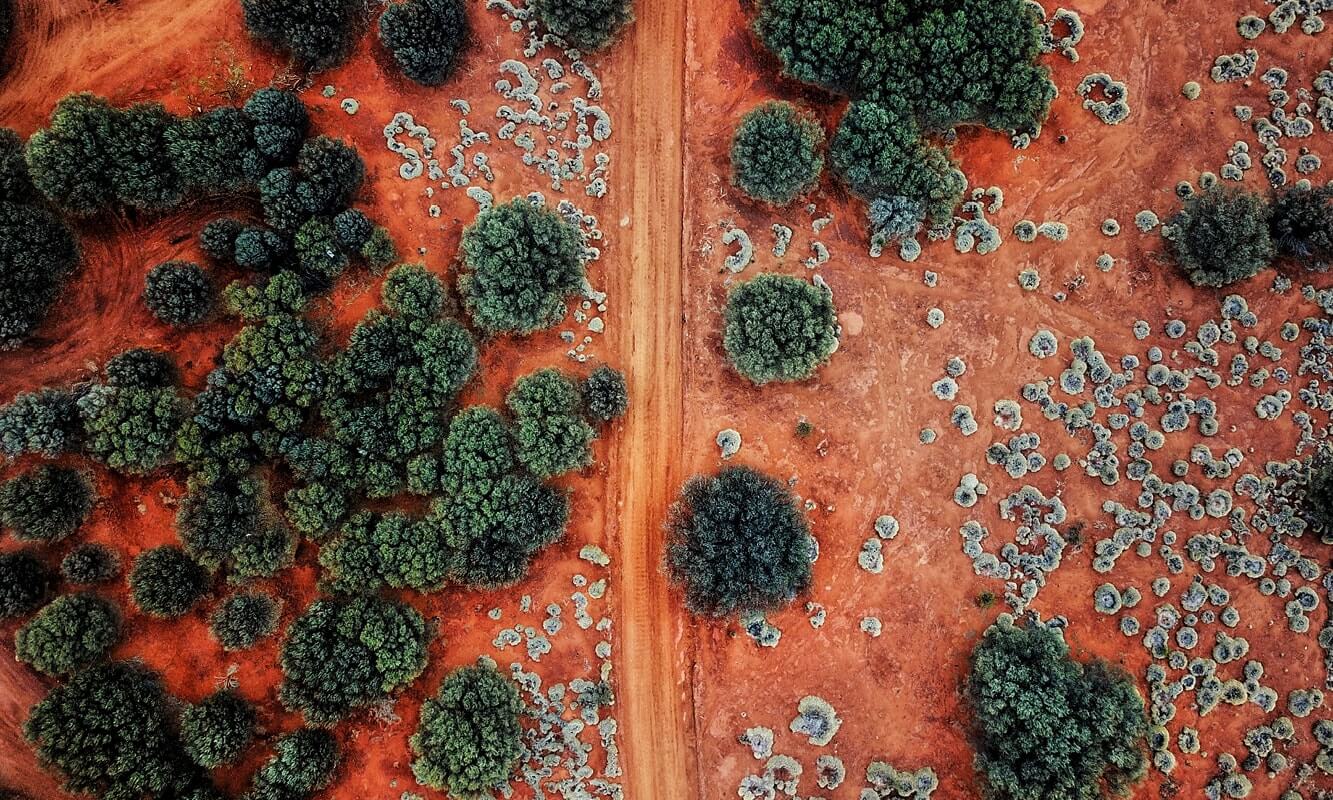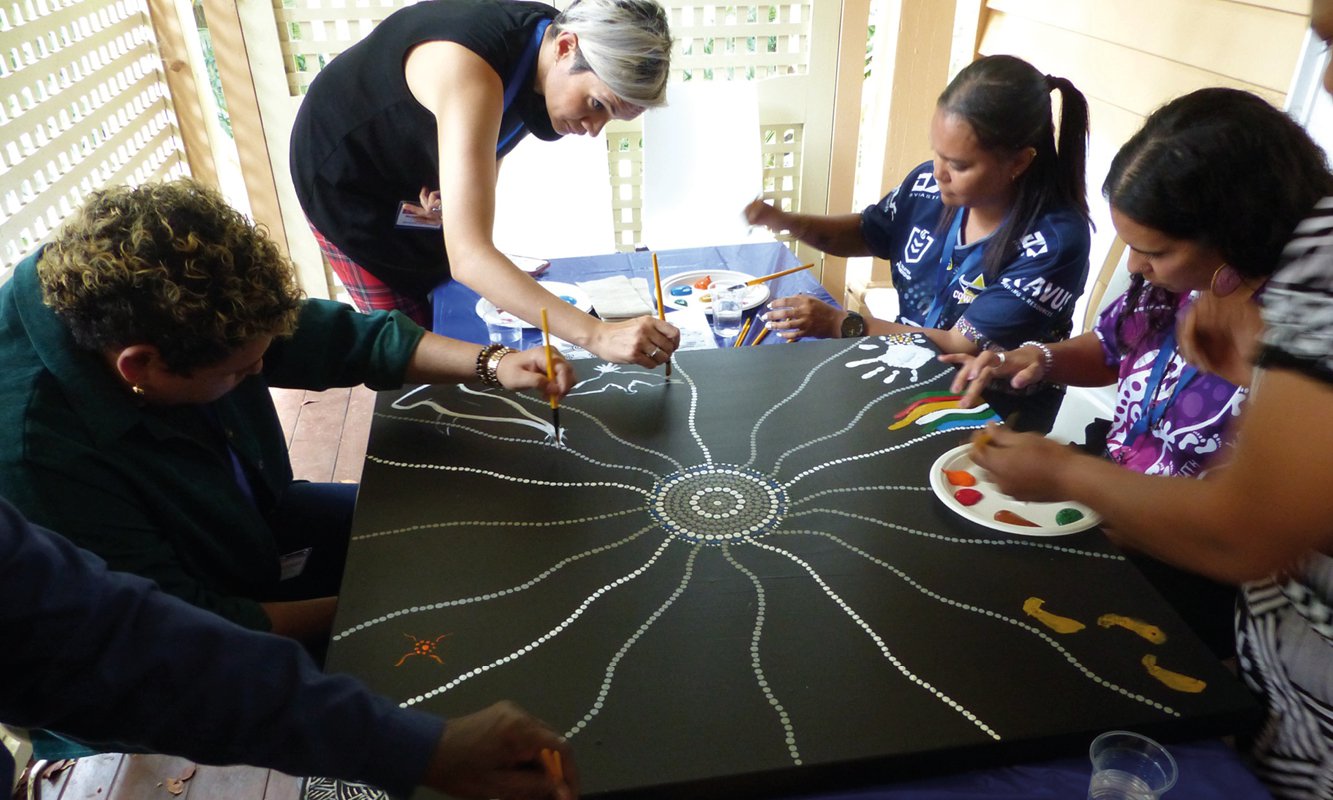Queensland Law Society and First Nations stakeholders have called on the Australian Government to make urgent change in the way government implements policies and laws affecting First Nations Peoples.
Queensland Law Society has released the federal election 2022 Call to Parties Statement (Call to Parties) in anticipation of next weekend’s federal election. The Call to Parties outlines key areas of concern for Queensland’s legal profession, and calls on political parties to commit to specific actions to address these concerns.
In Queensland, and Australia more broadly, Aboriginal and Torres Strait Islander Peoples experience substantial social, health and economic disadvantage and inequality.
The disadvantage and inequality experienced by Aboriginal and Torres Strait Islander Peoples can be attributed to historical injustices, where First Nations Peoples have been subjected to policy and legislative controls implemented by successive governments since first contact.
Although there have been positive movements to improve how the Australian and Queensland governments implement policies and laws affecting First Nations Peoples, there are still longstanding consultations, inquiries and reports that have failed to demonstrate real change for First Nations Peoples.
Consequently, there is a distinct lack of self-determination for Aboriginal and Torres Strait Islander people, as well as a failure to develop and maintain genuine partnerships and collaboration.
In recognition of this, the Society, in consultation with First Nations stakeholders, has called on the Australian Government in the Call to Parties to commit to urgent change to the way government implements policies and laws affecting First Nations Peoples.
For this to be achieved, QLS has called on Australia’s most senior leaders to establish a First Nations voice to Parliament, which is enshrined in Australia’s constitution. A First Nations voice to Parliament represents an important step towards the reconciliation between First Nations and non-Indigenous communities, and a commitment to address First Nations views.
QLS’s First Nations Legal Policy Committee endorses the Uluru Statement from the Heart and actively advocate for its implementation.
QLS and First Nations stakeholders have sought commitment from Australia’s leaders to address the disparate rates of incarceration for First Nations people. There must be a focus on the trauma of Indigenous offenders and best pathways to rehabilitation. Adequate resourcing is critical to support a person towards reintegration into the community in a culturally safe way.
In addition, the Call to Parties has called on the next Australian Government to fully implement the United Nations Declaration of the Rights of Indigenous Peoples (UNDRIP) in law, policy and practice, with a push towards reviewing all current legislation to assess each law and its compatibility with the UNDRIP. Accountability for outcomes is a crucial component to change.
QLS and First Nations stakeholders have sought a commitment to establish an oversight body with robust powers to investigate and make referrals for prosecution, as required in relation to deaths in custody.
An oversight body is an important mechanism for First Nations People who have, since the 1991 Royal Commission into Aboriginal Deaths in Custody (RCIADIC), seen at least 500 deaths in custody; five of which have occurred in 2022.1
Our First Nations stakeholders note that Aboriginal and Torres Strait Islander communities have seen far too much loss of life as a result of the current system and the failure to fully implement the recommendations of the RCIADIC, over 30 years ago.
The next Australian Government must strengthen cultural heritage legislation to ensure the unlawful destruction and desecration of Aboriginal and Torres Strait Islander cultural heritage is eliminated, and to protect Aboriginal and Torres Strait Islander cultural heritage for the benefit of the Australian community and future generations.
The Society and First Nations stakeholders have called on the next Australian Government to establish appropriate mechanisms to facilitate appropriate access to Australia’s family law system, and to ensure practitioners and the judiciary have completed cultural awareness training to provide a culturally safe environment.
Finally, in addition to the specific calls in the Call to Parties which focus on First Nations people, action in respect of many of the other issues addressed in the document is also critical to ensure comprehensive reform in this area is achieved.
Kristen Hodge and Lyndell O’Connor are co-Chairs of the First Nations Legal Policy Committee.
Footnote
1 Australian Institute of Criminology, Deaths in custody in Australia 2020–21 (Dec 2021) p.iii; National Aboriginal and Torres Strait Islander Legal Services, NATSILS Media Release: 500 Aboriginal and Torres Strait Islander people have died in custody since the Royal Commission 30 years ago (Dec 2021).











Share this article